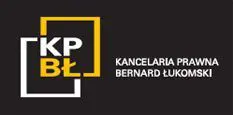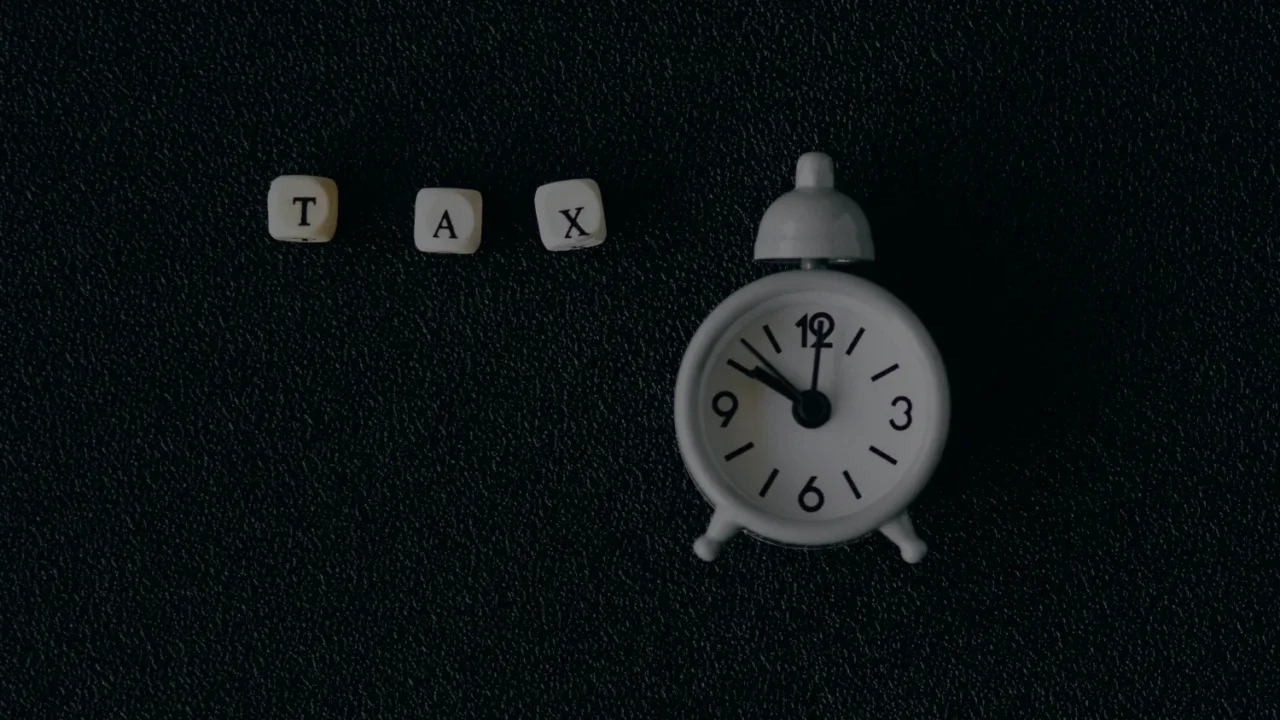activities performed privatelybusiness activitybusiness activity in the field of real estate tradecircumstances indicating the intention to perform activities on a frequent basisconstruction real estategranting a power of attorney to the buyerintention to perform activities in a frequent mannermanagement of personal propertymanagement of private propertyordinary exercise of the ownership rightperforming activities in a frequent mannerreal estate trade and VATsale of real estate and VATVAT in relation to selling real estate plus the management of personal assets. Warsaw, September 2nd, 2021
September 2, 2021
Using a proxy to prepare a property for sale is equivalent to a business activity by the owner in the eyes of the tax authorities and is subject to VAT regulations. The position does not change, even if the buyer is the proxy. The authorities consider the seller of the property to be a VAT taxpayer even in the case of a one-off (occasional) transaction.

